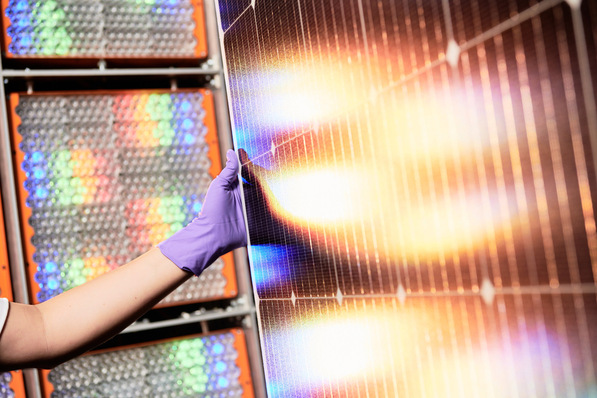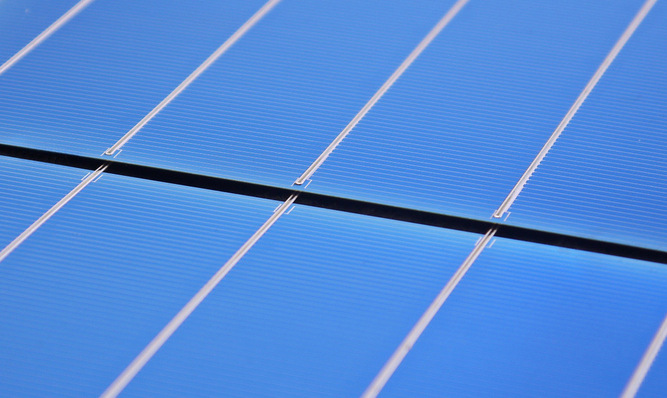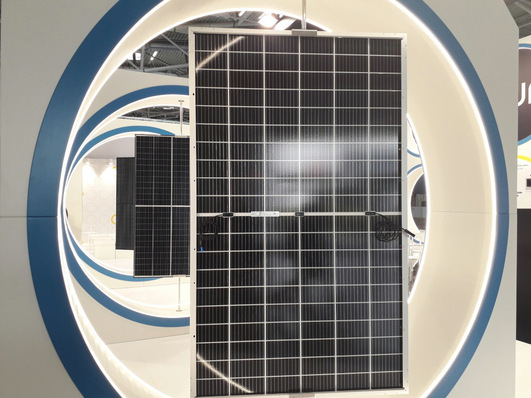Following the European Commission’s decision to lift trade tariffs on the import of solar panels from China, Europe’s energy experts have described the block’s decision to end the trade war with Beijing as a “watershed moment for European solar energy.”
In 2013 the EC imposed tariffs of up to 64.9% on the original price of solar panels imported from China, after accusing Beijing of selling subsidised panels below cost in Europe. The tariffs were imposed to protect European solar panel manufacturers.
Reach renewable energy targets
The EC’s decision to lift the Minimum Import Price (MIP) came on September 03. On its website, it stated the removal of tariffs was in the “best interests of the EU as a whole to let the measures lapse,” as the European Union seeks to meet its renewable energy targets by 2020 and 2030 respectively. By 2020, the EU is pushing for its member states to have 15% of their total energy consumption from renewable sources, increasing it to 32% by 2030.
Europe could begin to reap the benefit of the lifted tariffs in as little as a few weeks, as experts predict solar module prices might drop by as much as 30%. The competitiveness of solar energy in Europe also depends on the region, but experts predict it will now be on a steep rise.
Benefits for the whole PV sector
“Lifting of the trade duties was a decision long due. The whole PV sector is going to benefit greatly from this change,” said Deividas Varabauskas, CEO of Sun Investment Group. “Solar energy is already the most competitive form of energy in Southern Europe. With the cost of CO2 emission rights on the rise and the reduction of the cost of solar modules, solar will most likely become the most competitive form of energy in the bigger part of EU by 2020. Our company operates in Poland, where it owns the biggest share (15%) of the Polish solar energy market. Due to Poland’s location in the northeastern part of the EU, solar radiation levels are lower here, so it will take another few years for it to become the most competitive form of energy in Poland, probably by 2022.”
Varabauskas added that the lifted tariffs on imported solar panels from China to the EU will also lead to increased investments in the solar energy industry.
Increased investment opportunities
“The elimination of the MIP instantly means lower prices for solar modules," he continued. “This means that solar energy becomes an even more attractive form of energy to investors, consumers, and policy makers because it saves costs general - there will be a growth in demand for solar installations, so many new jobs are set to be created by the companies investing in, building, and maintaining solar power plants. Sun Investment Group will benefit in the same way as all other PV-related businesses because we will see an increased number of investment opportunities.”
Trump has unintentionally strenghened ties between China and Europe
It also happens that United States has unintentionally strengthened diplomatic and commercial trades between Europe and China. Earlier in 2018, the Trump administration imposed similar sanctions to those recently lifted by the EU. At the time of writing, Washington is considering putting further sanctions of $200bn on Chinese goods, thus strengthening Europe’s position as a more attractive market for Chinese solar than the U.S.
Europe is set to enjoy a greener future as a result of the lifting of tariffs on imported solar panels, which can potentially lead to significant numbers in CO2 reduction. This move is welcomed by everyone in EU who is concerned about environmental issues and is interested in making renewable energy sources the main basis for energy in Europe. (HCN)
Stay informed, get our free newslettter twice a week. Register here
https://www.pveurope.eu/News/Solar-Generator/Further-steps-in-Poland-from-coal-to-renewables
https://www.pveurope.eu/solar-modules/620-gw-new-pv-installations-2022







